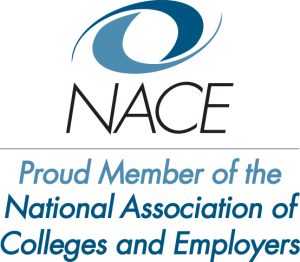Personality Tests versus Fit-to-Job and Fit-to-Culture Talent Analytics
A recent blog on the Money & Career Cheat Sheet Why Personality Tests Should Not Be Used for Hiring notes that workplace personality testing has become a $500 million dollar industry and makes the case against the use of personality tests in screening applicants.
One novel reason highlighted in the blog is negative applicant reactions. Specifically, applicants often self-select out of the application process rather than fill out a long personality test that asks questions such as “I am sometimes rude to others.” Since how someone responds to such questions can screen them out even before they formally apply, it’s no wonder why applicants are saving themselves the time – and the frustration.
The real reason personality tests should be used with caution is that they rarely work. The author notes that “some research has suggested that while personality tests are one of the least effective hiring selection practices, multi-measure tests that incorporate integrity or cognitive ability lead to better results.” This is technically true, but the deeper truth is that when personality is paired with integrity or cognitive ability tests, the combination predicts performance, but it is the latter tests – and not personality – that is responsible for most of the positive results.
Using personality tests to screen because everyone else does is not business intelligence. It’s important that any hiring test be job-related, and, with, the exception of some jobs like sales or customer service, there are not a lot of jobs for which performance can be predicted by most personality traits.
According to the Theory of Work Adjustment, when a job satisfies the values and interests of an incumbent, they find meaning in the work, they are motivated to learn and perform well. When an organizational culture fits the workplace preferences of an employee, they feel a sense of belonging and they are committed to stay. Which is why jobZology® recommends using fit to job (aligning values and interests of individuals to jobs that satisfy them) and fit to culture (aligning workplace preferences of the individual to an organization’s culture) methods to screen applicants.
This is exactly how our technology works for both individuals and employers today.
Most importantly, ALL jobs and ALL organizational cultures have the potential to generate employee engagement or not. It’s all about determining who fits. So, if personality tests work, at best, for some jobs and not others, they should be taking a back seat to measures of fit to job and fit to culture, which works for any job in any culture.
-1.png?width=288&height=67&name=PathwayU_PGLogo%20(1)-1.png)



